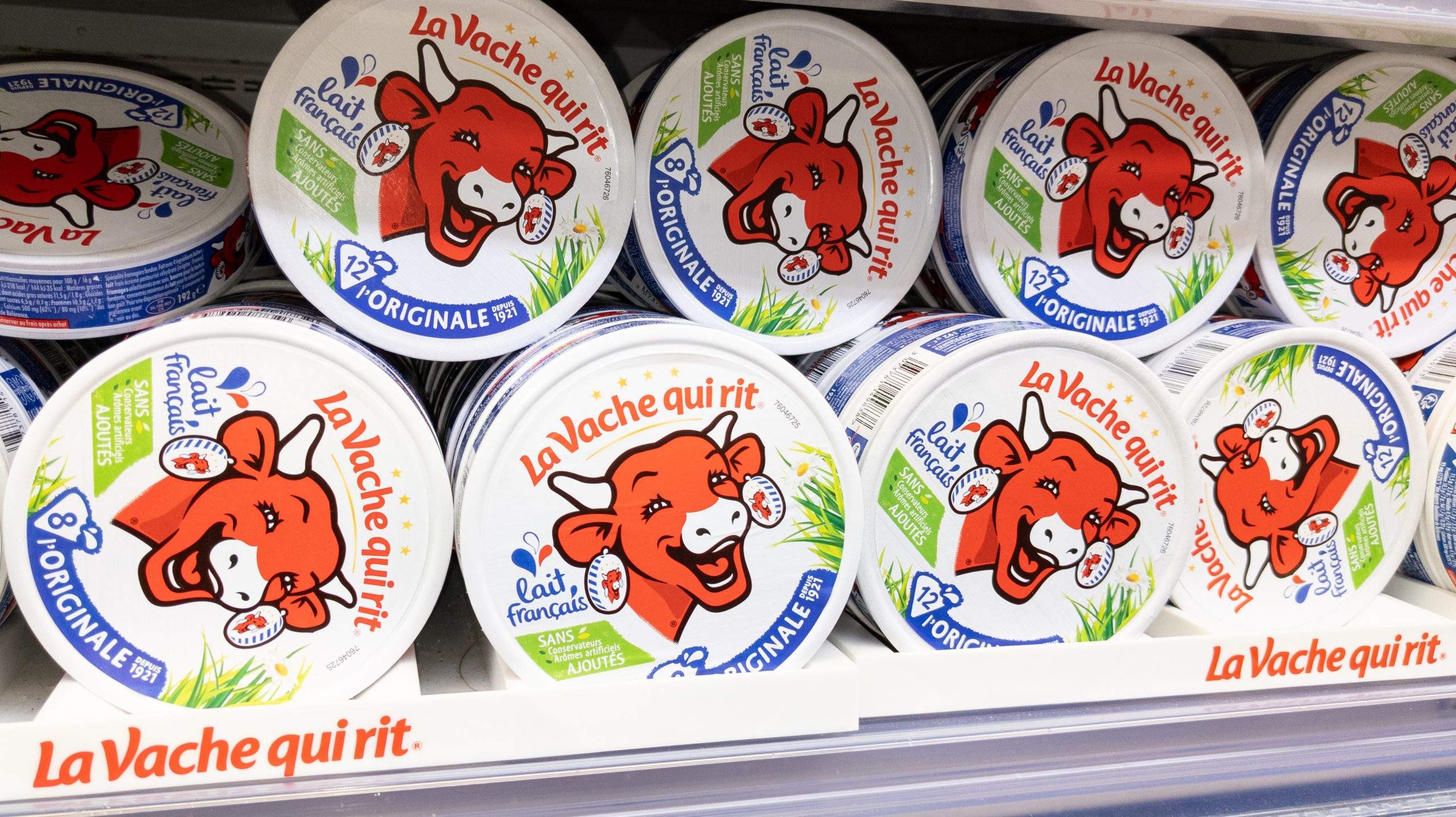To fight against global warming, the dairy firm, which owns Laughing Cow cheese, has promised to reduce their CO2 emissions by 26% by 2035.
The dairy group Bel has raised its environmental objectives. The firm, which is the parent company of the Laughing Cow (La Vache qui rit) brand, has promised to reduce their CO2 emissions by 26% by the year 2035.[1] In 2017, the Bel Group joined the Science Based Target[2] initiative, demonstrating their commitment to contributing to reaching the goals of the Paris Agreement, namely, keeping global warming below +2°C.
In that framework, the Group defined clear goals and began the first actions involving their industrial equipment.
“From 2008 to 2020, we already reduced carbon emissions tied to our operation by 60%,” Cécile Beliot-Zind, Bel’s deputy managing director, declared proudly.
To achieve that, the group optimized energy usage in their production sites: two-thirds of the energy used in their factories is now sustainable, a figure that rises to 100% in France. The Group has now set a new objective of reaching carbon neutrality in its production sites by 2025.
- Encouraging Sustainable Agriculture
Committed to improvement along the whole value chain, the group is working with the farmers supplying their milk to encourage the development of more sustainable agricultural practices. Two initiatives will be launched this year: a new bonus of €5 per 1,000 liters (264 gallons) for 750 dairy farmers in France who have promised to switch to 100% European food for their cows. And a pilot program focused on cattle feed and aimed at reducing herds’ methane emissions, starting this spring in both France and Slovakia.
In addition, Bel has confirmed their commitment in favor of plant-based proteins. According to the group, the carbon emissions for some plant-based products available on the market are five times lower than those for their dairy equivalents. By the end of the year, a 100% plant-based Laughing Cow cheese will be available, first in France and then the United States.
To measure the effect of all those actions, Bel has decided to deploy a carbon-impact analysis tool, based on five criteria, including contributions to regenerative agriculture.
[1] Relative to their 2017 level.
[2] Launched in 2015, the Science Based Targets initiative is a joint project of the Carbon Disclosure Project (CDP), the UN’s Global Compact, the World Resource Institute (WRI) and Worldwide Fund for Nature (WWF, a.k.a. World Wildlife Fund). The goal is to encourage businesses to define greenhouse-gas emission reduction standards (GES)
More information about the French dairy products, read our infographics.
